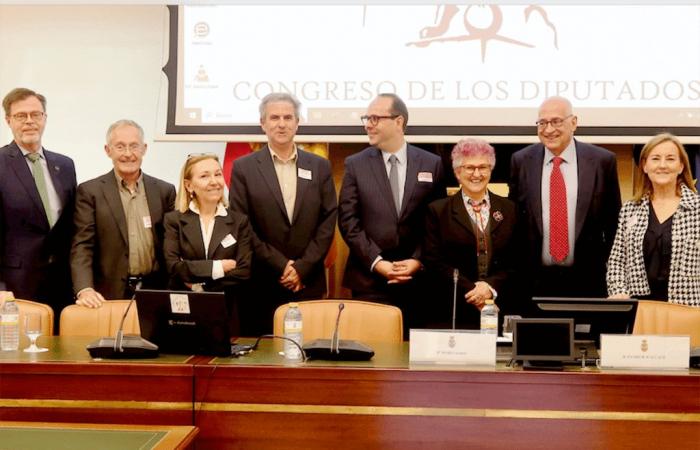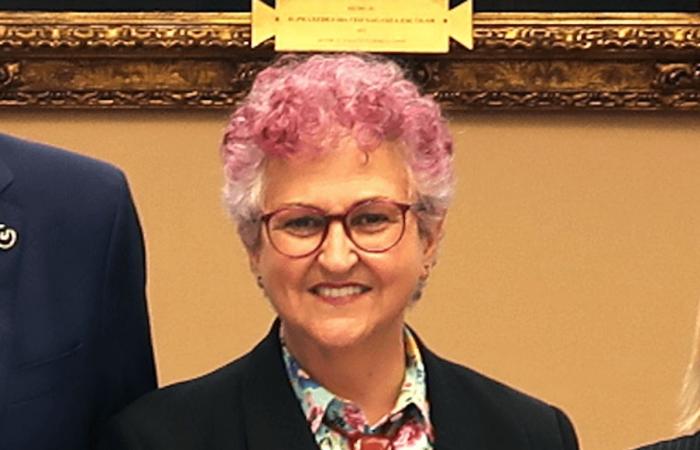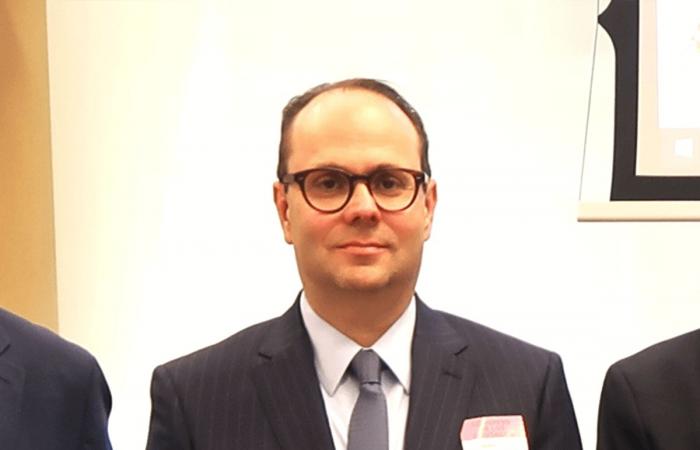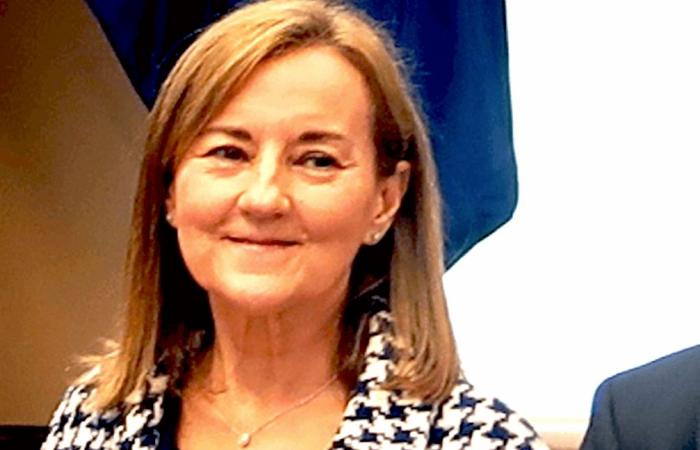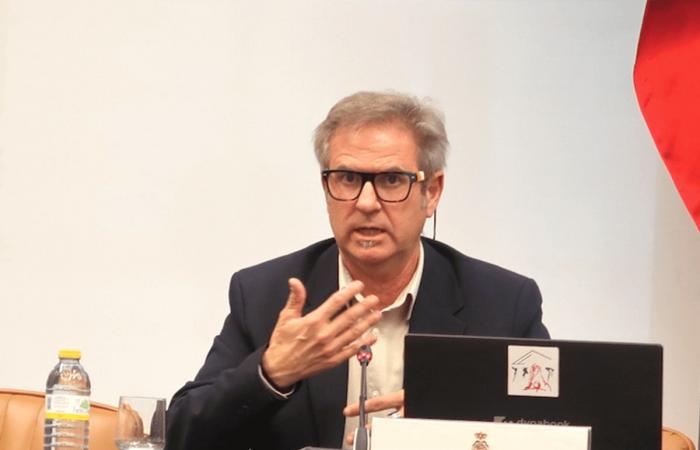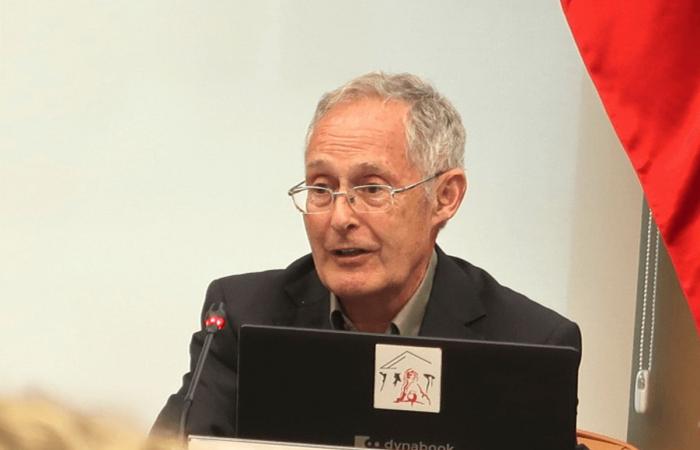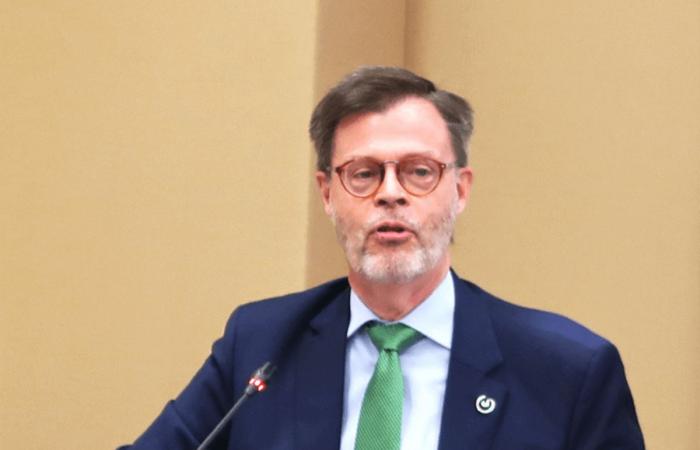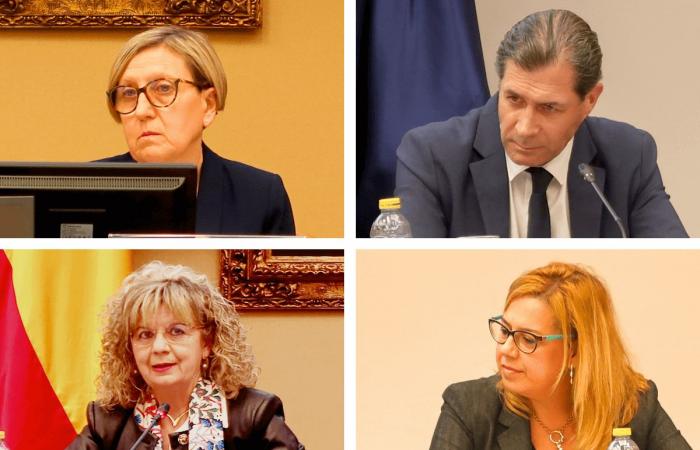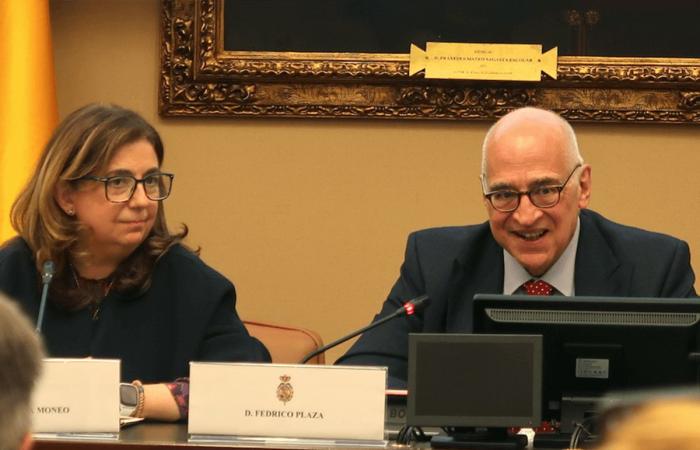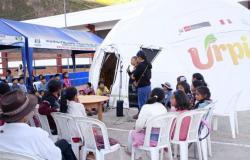Genomic and digitalization were the main channels of the dialogue between politicians and scientists gathered during the last day on personalized precision medicine of the Roche Institute Foundation. Meeting with doctors, other researchers, senators and deputies from among which voices in favor of Health computer science as well as the desired …
Genomic y Digitization They were the main channels of the dialogue between politicians and scientists gathered during the last day on personalized precision medicine of the Roche Institute Foundation. Meeting with doctors, other researchers, senators and deputies among which voices in favor of health computer science arose as well as the long -awaited clinical genetics.
Dra Maria Sainz
The session opened the first secretary of the Health Commission of the Congress of Deputies, Dr. María Sainz, to evoke her four decades career as a preventivist within a truffled trajectory of collaborations with the Roche Institute Foundation. In a work marked by milestones in favor of good life habits in line with the country’s level of development.
It praised the long march of the entity and the territorial mapping in which genomic advances are landed to give citizens more health, as the entity collects in a report.

Patrick Wallach
The president of the convening entity also welcomed those present, Patrick Wallachwith words of welcome and gratitude to experts and assistants to implement this medicine together. Through a paradigm change that will allow safe progress and with greater prevention, diagnosis and treatments. From the consensus between legislators and healthcare professionals on the cultural difficulties for its implementation. Of which he extracted the essentials of analyzing the improvement points. To opt for an even more innovative health system that places Spain in the medical avant -garde. From small steps that end up building the big differences, as he said.

Consuelo Martín de Dios
Also by the Roche Institute Foundation, its managing director Consuelo Martín de Diospresented to the first speakers of the day as true references in the knowledge and support for personalized precision medicine.

Dra Carmen Ayuso
The doctor Carmen AyusoHead of the Department of Genetics of the Jiménez Díaz Foundation University Hospital, contributed arguments in favor of a personalized precision medicine seen as an opportunity for citizens and the entire health system.
He went back to the genesis of this new medicine with European breath in 2015 and incorporation of life conditions to the complete understanding of the health of people and populations. Where public health based on prevention is the key to everything. With applications in scrubbed to embryos and during pregnancy, in addition to cancer stratification. From a clinical approach that adds the omic data to the records of each individual. To achieve great benefits in previous cases of rare diseases, but also to major populations as happened during the Covid-19 pandemic.
He highlighted the successes of the pharmacogenomics and state programs capable in their union to improve the use of drugs by avoiding possible adverse effects. In a dynamic in which the program has gained great prominence Genomic impact of great success in hereditary cancer.

Dr Fernando Martín-Sánchez
The doctor Fernando Martín-SánchezDeputy Director Manager of the Medical Computer Science, Digital Strategy and Innovation of the La Paz University Hospital, summarized the challenges of the implementation of this type of medicine that revolutionizes the health care of each patient according to their genetics and vital reality.
From the abundance of digital health strategies, he highlighted the abundance of resources and the desired health data space in Europe. Without ignoring the risk of lack of quality in primary data and the security of its subsequent use. In addition to there is an excess of unstructured information. Without still being decided if the data will be saved by center or in the cloud as the rapporteur presumed that it will occur quite certainty.
And he proposed to enroll all, patients and professionals of different profiles, in the digital health ecosystem. Although with the deficit still that the MIR does not include any question about data. While doctors and engineers continue to speak different languages most of the time.

Dr Ángel Carracedo
The director of the Galician Public Foundation of Genomic Medicine of the Galician Health Service (Sergas), Doctor Ángel Carracedospoke about the present and expected moment for this type of medicine that today is based mainly on biomarkers. In the face of knowing in advance the predisposition to develop diseases that allow prevention. Being in the treasury, applying these approaches to common diseases, notwithstanding that all stages in rare diseases whose diagnoses are still delayed too many years have not yet been fulfilled. While in cancer there is a lack of standardization and territorial homogeneity in pharmacogenomic.
Moment in which he highlighted the genetic catalog of the SNS inspired by the Galician that already sequences 40,000 citizens of his region each year. While, of genomic impact, he highlighted the success of sequencing the complete genome from 110 hospitals in the country and milestones how to discover cases of rare diseases many years elusive to diagnosis.

Dr Enrique de Álava
Then modeled the debate on the means of contribution to the effective incorporation of personalized precision medicine to the doctor’s health system Enrique de ÁlavaHead of the Pathological Anatomy Service of the Virgen del Rocío University Hospital of Seville. Who alluded to the cultural, technical and structural barriers that make these developments difficult.
Carmen Andrés, Pedro Fernández, Elvira Velasco and Elena Castillo

In the turn of active politicians, Elvira Velascospokesman for the popular parliamentary group of the Health Commission of the Congress of Deputies, he missed a viable national strategy for personalized precision medicine. Abounded in that sense Pedro Fernándezdeputy spokesman of the Vox parliamentary group in the Commission of Science, Innovation and Universities of the Congress of Deputies, which found in the report presented legal, formative and budgetary deficiencies because the arbitration of the Ministry of Health is not effective. From an opposite perspective, Carmen Andrésmember of the Socialist and Vocal Parliamentary Group in the Health Commission of the Congress of Deputies, spoke of the achievements made in MPP throughout the last six years. So that, finally, Elena Castillospokesman for the Popular Parliamentary Group of the Senate Health Commission, will claim a comprehensive legislative approach with investment in research and education through technical committees, after legislative reforms in their opinion failed because they lead to outdated formative degrees.

Sandra Moneo and Federico Plaza
Finally, the president of the Commission of Science, Innovation and Universities of the Congress of Deputies, Sandra Moneoto give the word to the doctor Federico PlazaVice President of the Roche Institute Foundation, to express as a shared desire that the interaction with scientists enriches the work of politicians for the benefit of citizens that will sooner or later be patients. Knowing that MPP is present with a future because it is transversal because we are all the sum of genome and environment. Under the science of data that is already the foundation of everything, as he sentenced.

